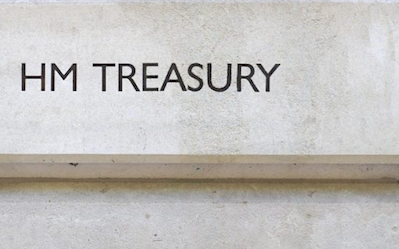UK government debt has reached 100% of GDP for the first time since 1961 after another large budget deficit in August, adding to the problems that new Labour finance minister Rachel Reeves has inherited from the previous Conservative-led Westminster administrations.
The UK’s Office for National Statistics (ONS) said on Friday the UK’s public sector net borrowing excluding public sector banks (PSNB ex) at the end of August was £2.768 trillion.
“Public sector net debt excluding public sector banks was provisionally estimated at 100.0% of gross domestic product (GDP) at the end of August 2024; this was 4.3 percentage points more than at the end of August 2023, and remains at levels last seen in the early 1960s,” said the ONS.
UK borrowing was £13.7 billion in August 2024, £3.3 billion more than in August 2023 and the third highest August borrowing since monthly records began in January 1993.
UK borrowing in the financial year to August 2024 was £64.1 billion, £0.3 billion more than in the same five-month period a year earlier and the third highest year-to-August borrowing since monthly records began in January 1993.
The ONS said: “This was … £6.2 billion more than the £57.8 billion forecast by the Office for Budget Responsibility for this period.”
The UK’s Office for Budget Responsibility (OBR) said: “Higher-than-expected borrowing continues to be driven by departmental spending, particularly consumption expenditure on goods and services which is £8.5 billion above forecast.”
Chief Secretary to the UK Treasury Darren Jones said: “When we came into office, we inherited an economy that wasn’t working for working people.
“Today’s data shows the highest August borrowing on record, outside the pandemic.
“We are now taking the tough decisions to fix the foundations of our economy, so we can rebuild Britain and make every part of the country better off.”
